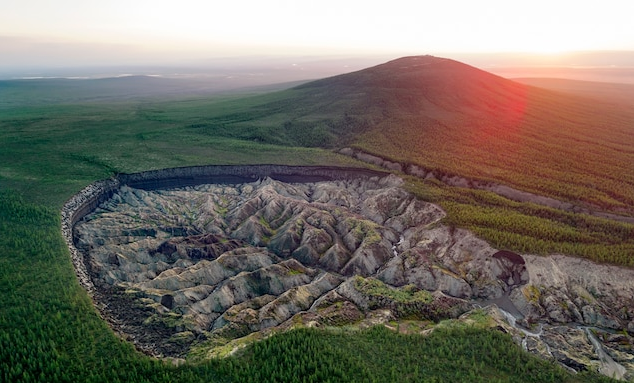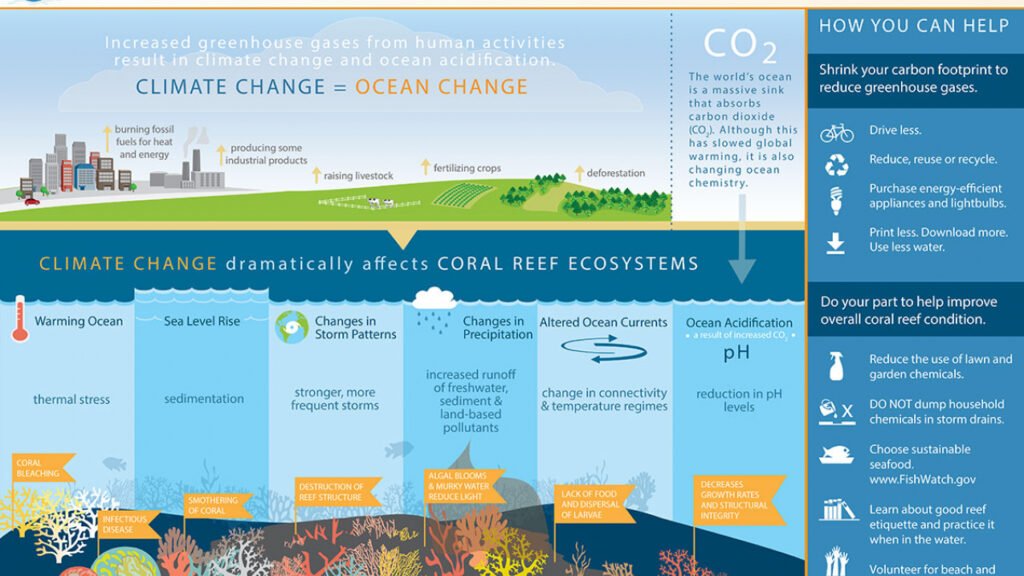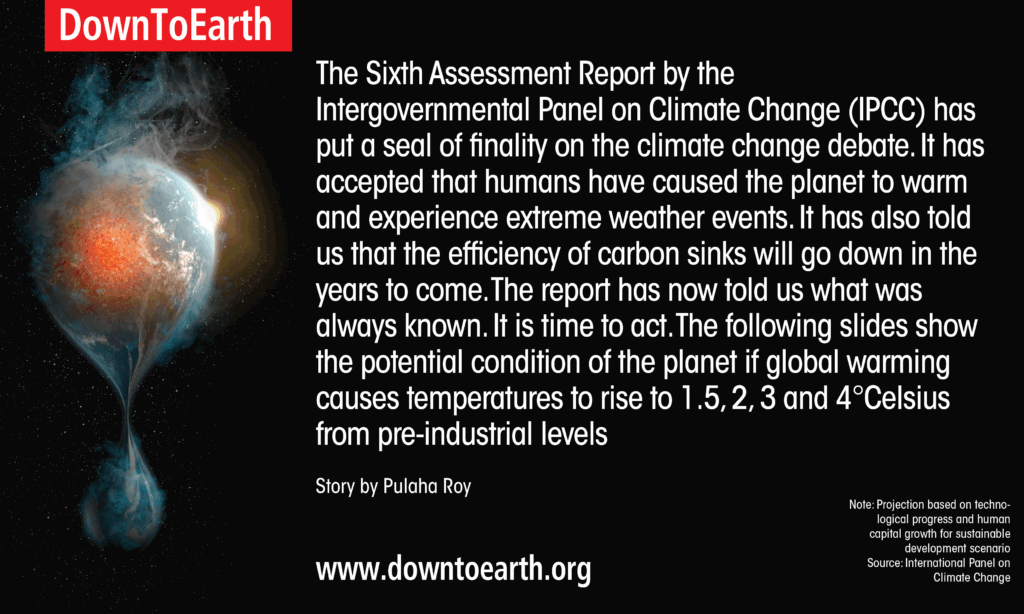
According to the UN’s Intergovernmental Panel on Climate Change (IPCC), if carbon emissions are not reduced, three-quarters of the world’s population might face heat stress by 2100. The “heat dome” of 2021 killed about 1,000 people in the United States and Canada. It would have been “nearly impossible” without climate change, according to a study released a month later.
Heat is only one example of how climate change is jeopardizing human life. CO2, methane, and other greenhouse gas emissions have already warmed the planet by 1.1 degrees Celsius. With 1.5°C of warming, which is exceedingly impossible to avoid at this point, those impacts worsen, and certain adaption measures become less effective.
According to the report, if we do not act, the immediate repercussions for human health would be severe, and socioeconomic imbalances will grow. Low-income individuals and developing countries, who have contributed the least to climate change, will face the burden of excessive heat, vector-borne illnesses, and poor mental health.

Every year, heat waves kill more people than any other sort of weather. Humans can survive extremely high temperatures for short periods of time if we can sweat and the perspiration can dissipate. But sweat can’t evaporate when the humidity is too high—and as the planet warms, more people risk being exposed to dangerous combinations of heat and humidity.

The dangers to human health are enormous. For the first time, the report examines the effects of climate change on mental health. Natural catastrophes and extended droughts are increasingly being linked to PTSD, anxiety, and depression.

People are suffering and dying as a result of climate change, yet there is little investment to prepare for an even warmer future. We’ll be hit by a heat wave, then a forest fire, then the power will go out, and it’ll all happen again. It sounds terrifying, but it’s true.
Reference- IPCC Report, National Geographic, The New York Times, BBC World, Down To Earth, Journal Nature






